I was experimenting a bit in java and stumbled across this problem
Suppose i have a class with this recursive defination
public class Node<T> implements Iterable<T>{
public final T element;
public final Node<T> next;
public Node(T head, Node<T> tail) {
this.element = head;
this.next = tail;
}
// Contains few more methods and implementation of iteratable like add, remove etc
}
Now, the thing is I will be using this class as a field in another class with final keyword. Now if in the beginning i would be making an empty list and then add it to the list, how should i proceed.
TO make it simple
class NodeList <T>{
private final Node<T> head;
public NodeList(){
}
// Few more functions
}
Using NodeList class how can i create an empty list and later on add data using add function
